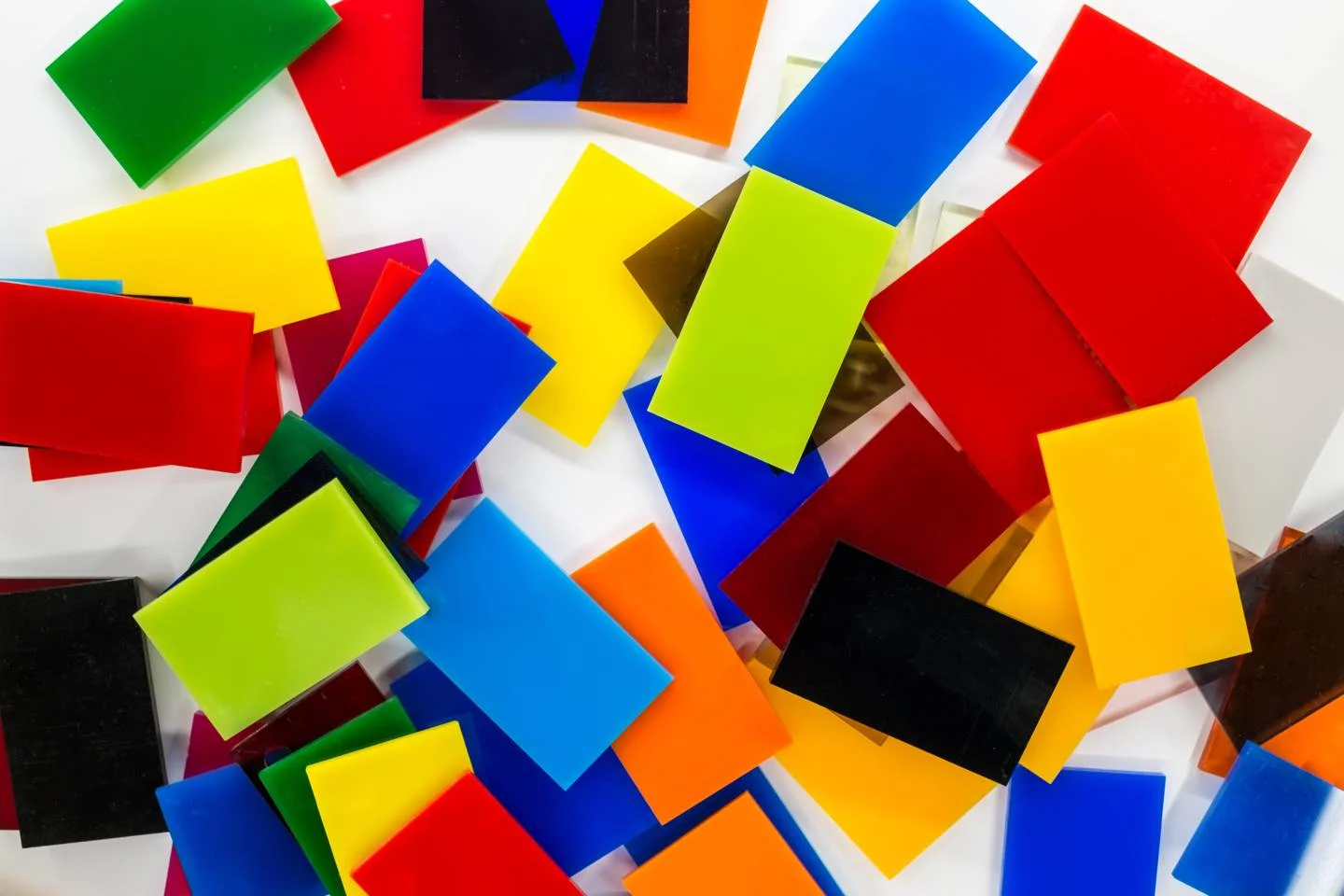Acrylic materials are used in a variety of industries because of their transparency, durability, and performance properties. However, only a limited amount of this material is collected and recycled each year.

While traditional, mechanical recycling plays an important role in advancing circularity, it has limitations. Colors, additives, and contaminants are not removed during the recycling process, and certain materials—such as polymethyl methacrylate (PMMA) cast sheets (also known as acrylic)— cannot be mechanically recycled due to their molecular structure and potential deterioration during the re-melting process.
To address this challenge, Trinseo, a specialty material solutions provider, developed a circular solution that helps reduce waste. By using technologies such as depolymerization, Trinseo aims to eliminate many of these limitations and begin to process more types of plastic materials.
This recycling process enables Trinseo to capture high purity methyl methacrylate (MMA) monomers from acrylic waste. Through next generation depolymerization technology and further polymerization steps, Trinseo can create PMMA that contains recycled content that has similar properties to virgin PMMA.
Recycled PMMA can be used in a wide variety of applications, including consumer electronics, automotive, building and construction, and consumer products, while claiming the same mechanical, aesthetic, and optical properties as virgin acrylic, according to Trinseo.
In June 2024, Trinseo opened a depolymerization facility in Rho, Italy. The recycled MMA (rMMA) generated by Trinseo’s depolymerization facility is used in the company’s ALTUGLAS™ and PLEXIGLAS® acrylic resins that can be used in applications in the automotive, appliance, lighting, building and construction and consumer products industries. According to Trinseo, this new facility can produce rMMA that is comparable to virgin materials, enabling its use in high-demand applications such as vehicle taillights or caravan windows that require high optical quality.
A shift towards PMMA depolymerization helps deliver sustainability benefits for consumers, manufacturers, and industries alike. From car lamps to signage and more, this technology creates the opportunity to give a range of everyday products a second life.



